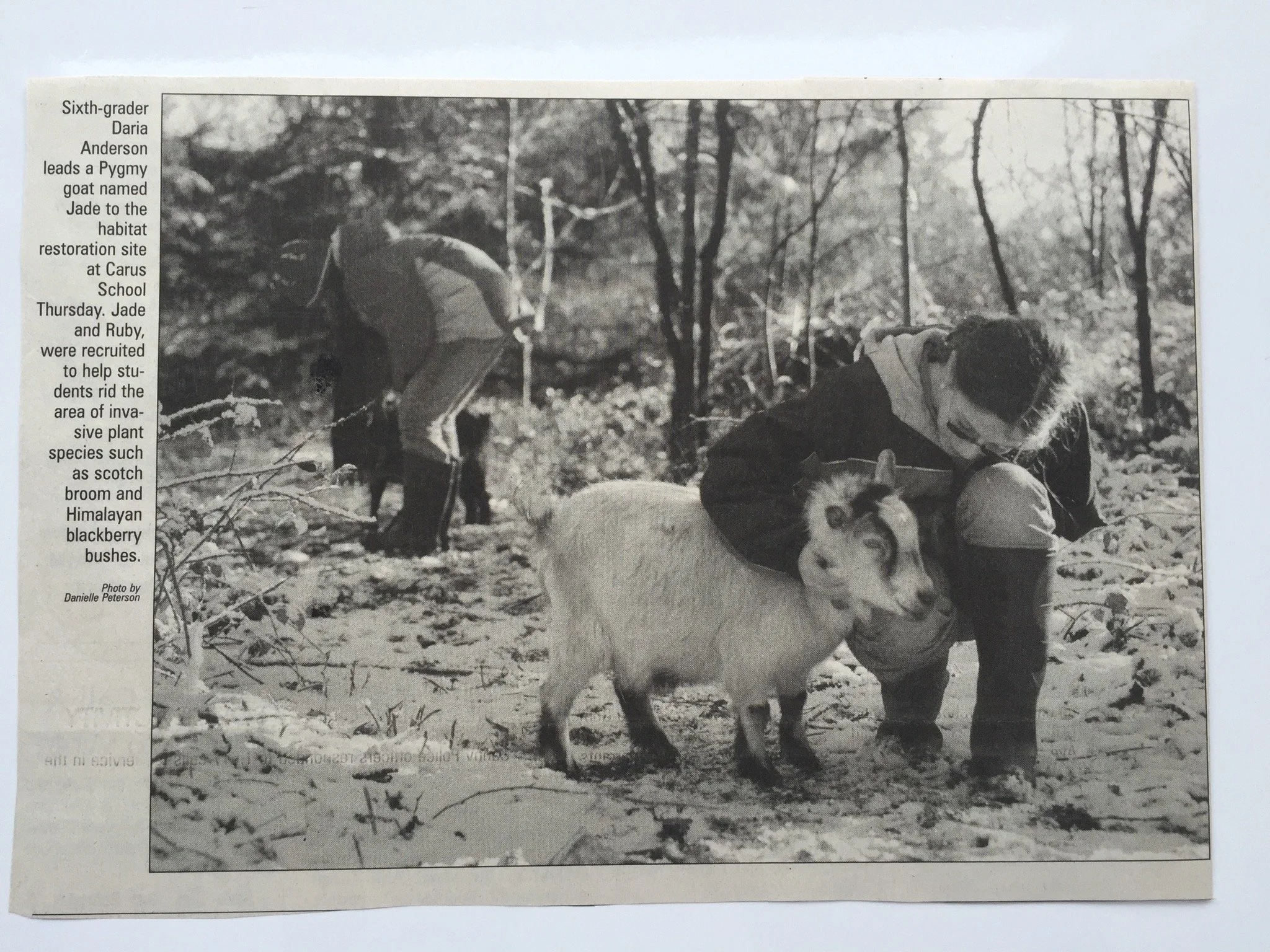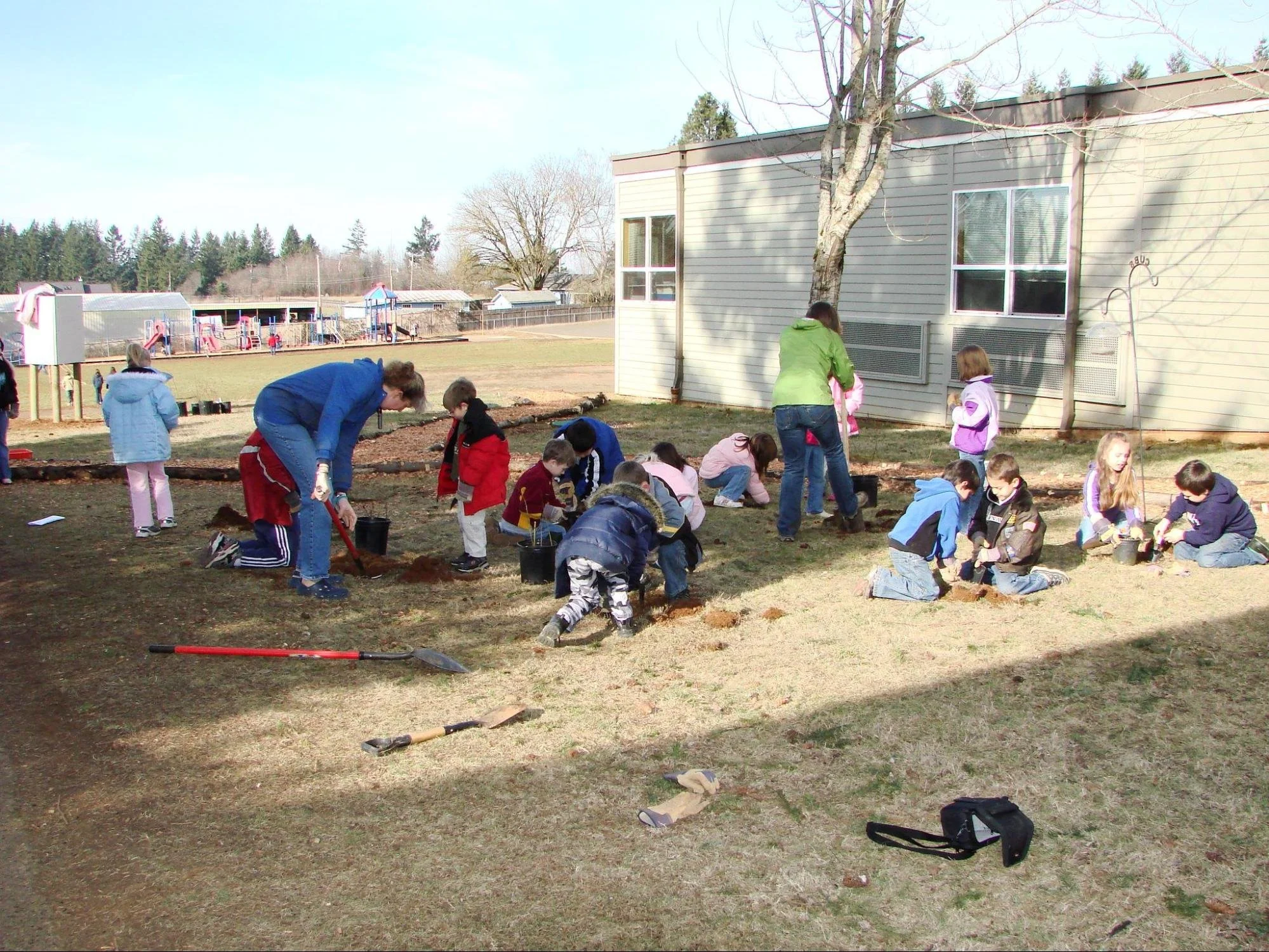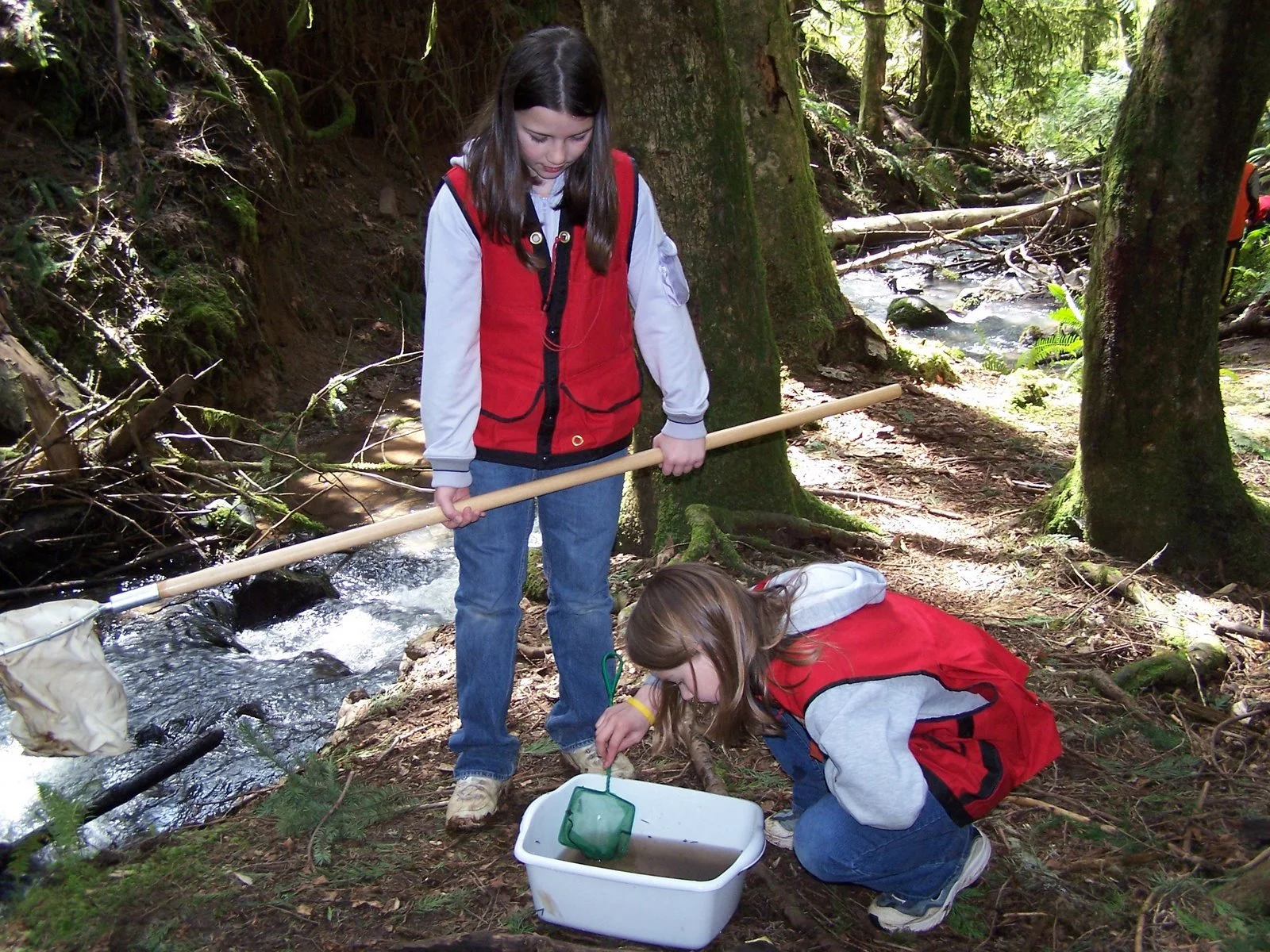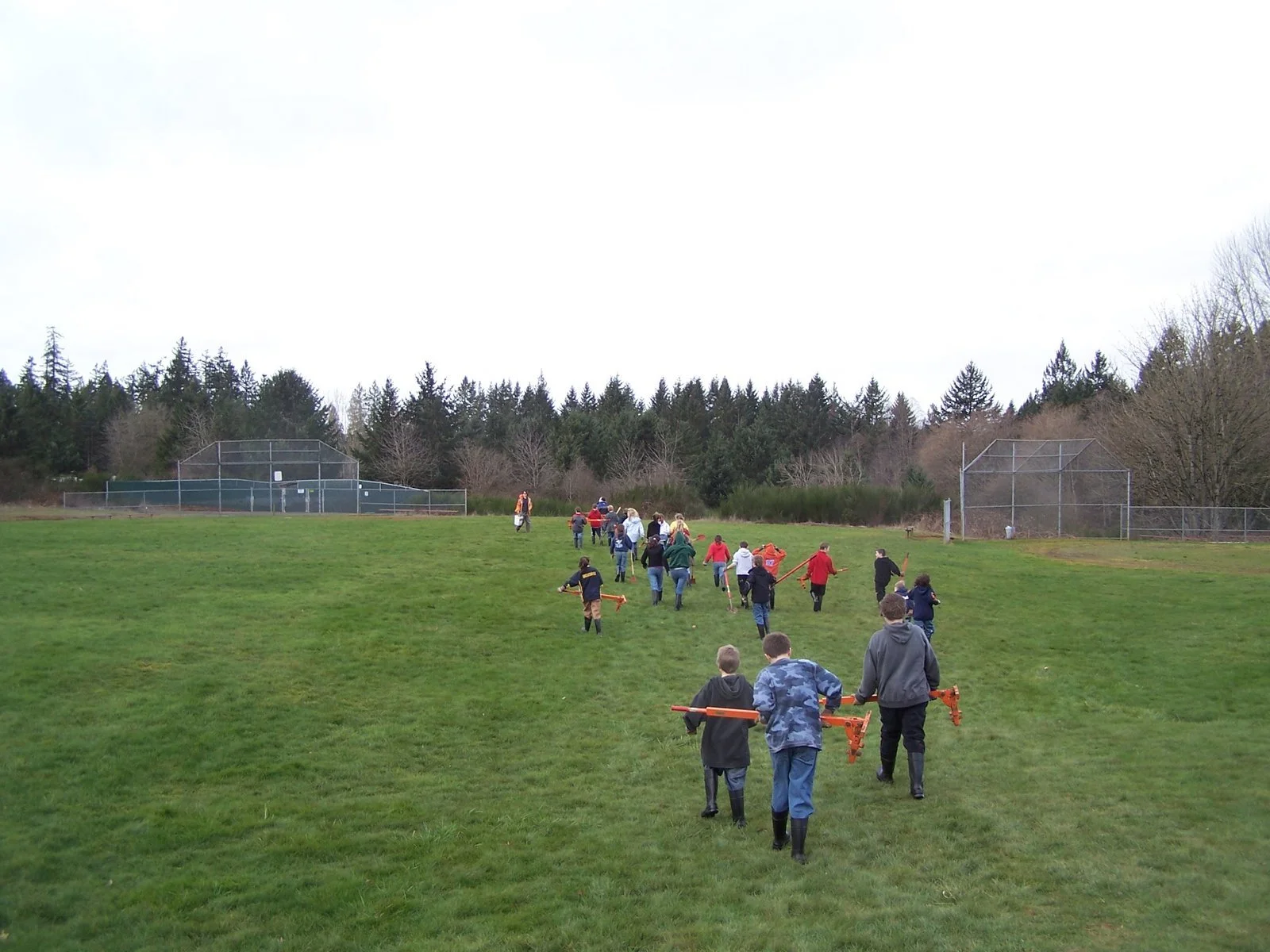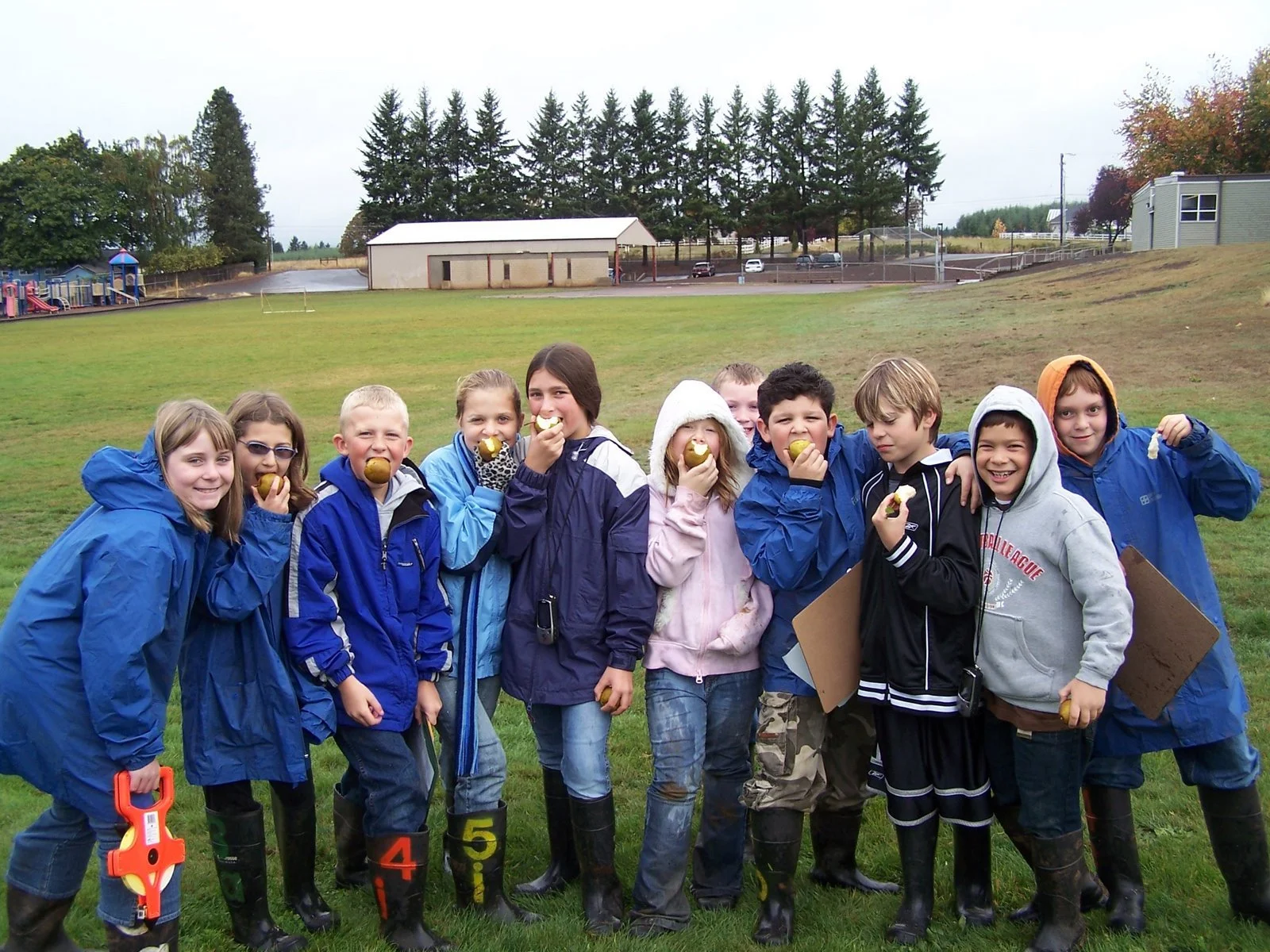From Our Roots to Our Reach
Twenty years ago, ECO began with a simple and powerful question: What would happen if students connected with nature more often, more deeply, and in a more meaningful way?
Sarah Woods and Bethany Thomas were teaching short science lessons in Portland-area classrooms in the early 2000s. Visits were brief and occurred only a few times a year. “Students would get so excited when we came in, but it was fleeting,” Sarah said. “We wanted to build real relationships with students and teachers. We imagined being there all year, helping kids connect with the nature right outside their schools.”
This vision—connecting students to the natural world—would become the foundation of ECO.
The first opportunity came through a Craigslist post. A local PTA had raised funds to support environmental education and needed someone to lead it. Sarah and Bethany answered the call and launched ECO.
“Bethany came up with the acronym,” Sarah said. “We knew it would be a longer name, but we wanted ECO to apply. Ecology in Classrooms & Outdoors was born. You introduce students to the concept — ecology. Then, where it lives: in classrooms, and the best place to study it. Outdoors!”
Carus Elementary had 18 acres of land, full of invasive plants and potential. The early lessons were practical and engaging. Students experimented with clearing invasives using vinegar, digging, weed whackers, and even goats.
“We wanted students to feel like they could make a difference,” Sarah said. “That’s always been the most important thing.”
Those first years required creativity and persistence. With no startup funding or business plan, Sarah and Bethany worked side jobs—tutoring, painting houses, and personal assistant gigs—to build ECO. “We shared everything—the money, the supplies, the workload. We were making it up as we went,” Sarah said. “But it worked because we believed in what we were doing, and the students responded, the teachers responded, they wanted more.”
Week after week, Sarah and Bethany showed up — learning the rhythms of the school, the teachers, the land. They saw what consistent, place-based education could do: spark curiosity, build confidence, and engagement. Students who often struggled in other subjects came alive through explorations of soil, insects, and watersheds.
ECO’s approach—mixing classroom instruction, outdoor exploration, and community stewardship projects—soon drew interest from other schools. Teachers saw the impact and wanted the same for their students. Over time, lessons expanded to include salmon cycles, stormwater science, wetland food webs, and native pollinators. ECO became a trusted partner in environmental education across the Portland metro area and eventually beyond.
Over twenty years, ECO has reached over 40,000 students, revitalized dozens of acres, and planted tens of thousands of native plants. “The thing I’m most proud of is that we’re still here,” Sarah said. “We’ve survived so much: a recession, the pandemic, years of scrambling for stable funding. Thanks to our dedicated team and a community that believes in what we do, we're continuing to grow.”
Over twenty years, ECO has shown that when students spend time learning from, caring for, and interacting with the more-than-human world around them, their curiosity grows, their confidence builds, and their connection to nature and community deepens.
“When kids see the results of their own work in the schoolyard, they learn that their actions matter. That lesson stays with them beyond the classroom.” — Sarah Woods
